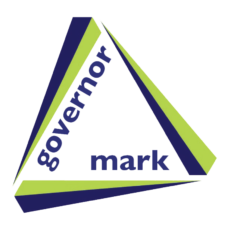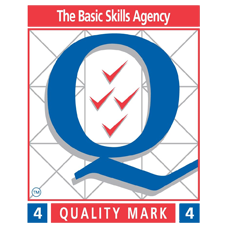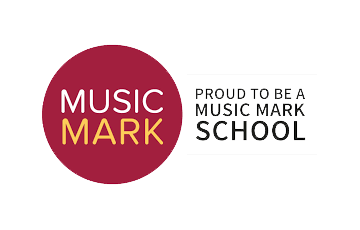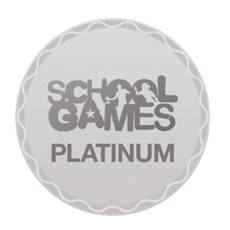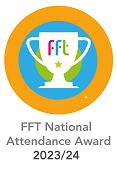Physical Development
At ELE we understand that physical activity is vital in children’s all-round development, enabling them to pursue happy, healthy and active lives.
Fine motor control and precision helps with hand-eye co-ordination which is later linked to early literacy. Repeated and varied opportunities to explore and play with small world activities, puzzles, arts and crafts and the practise of using small tools, with feedback and support from adults, allow children to develop proficiency, control and confidence.
Children develop their fine and gross motor abilities both in and outside the classroom. Our classroom environment and forest provide rich and varied opportunities for large and small movements.
Fine motor skills are the cornerstone of so many things we expect young children to be able to do, from getting dressed and undressed, to feeding, using scissors and moving and handling everyday objects. Of course, strength in little fingers, wrists and hands is important for controlling pencils in time, but it’s worth remembering that writing is only a tiny part of what children need to be independent and confident in their lives.
Gross motor skills are the larger actions a child makes; these skills concern the larger muscles in the body creating bigger movements and actions. Examples include actions like running, skipping, riding a bike, climbing and jumping.


Encouraging motor skills
You can encourage a child’s development of motor skills by offering lots of opportunities for practice. Regularly plan outdoor and indoor activities, and give children the resources to play with that will motivate them to use these skills. Ball games are great for building on the gross motor skills as they can be open to interpretation and children can get their whole bodies moving. Ride bikes, dig in the garden and bounce on a trampoline!
How can you support fine motor development at home?
These activities will help children to build strength and coordination…
Squirty bottles
Outdoors isn’t just about gross motor development! Introduce a wide range of squirty bottles and containers to build up hand muscles. Add targets to floors and walls for lots of pump-action exploration. Add paint to bottles and water pistols for squirty creativity with a fine motor twist.
Pinch an inch
Pinching is an action key to so many everyday skills. Zipping up coats, doing up laces, buttoning shirts, opening tin cans and packets, sewing, holding cutlery and, of course, holding a pen all involve a pinching action and require the development of both strength and coordination.
Podding peas
This is a fun way to combine fine motor development with exploration of the natural world: try podding peas or beans. Once podded, moving them into small pots and containers again builds on that essential pinching action.
Cotton bud painting
Get creative and physical at the same time! Introducing tiny tools to your creation area will help promote fine motor pinching, and the spotty paintings you can create with cotton buds are great for introducing the work of artists such as Georges Seurat and Paul Signac.
Threading
Threading is one of the most common fine motor activities, but with a little tweaking it can be given a new lease of life. Try threading beads onto stretched-out metal egg cups, or push spaghetti into foam for fun straw threading.
Bring on the play dough
Children love play dough. As children play, encourage them to explore the full range of actions to build up hand and finger strength. Try squashing, squeezing, rolling (into balls and worms), cutting and pinching.






